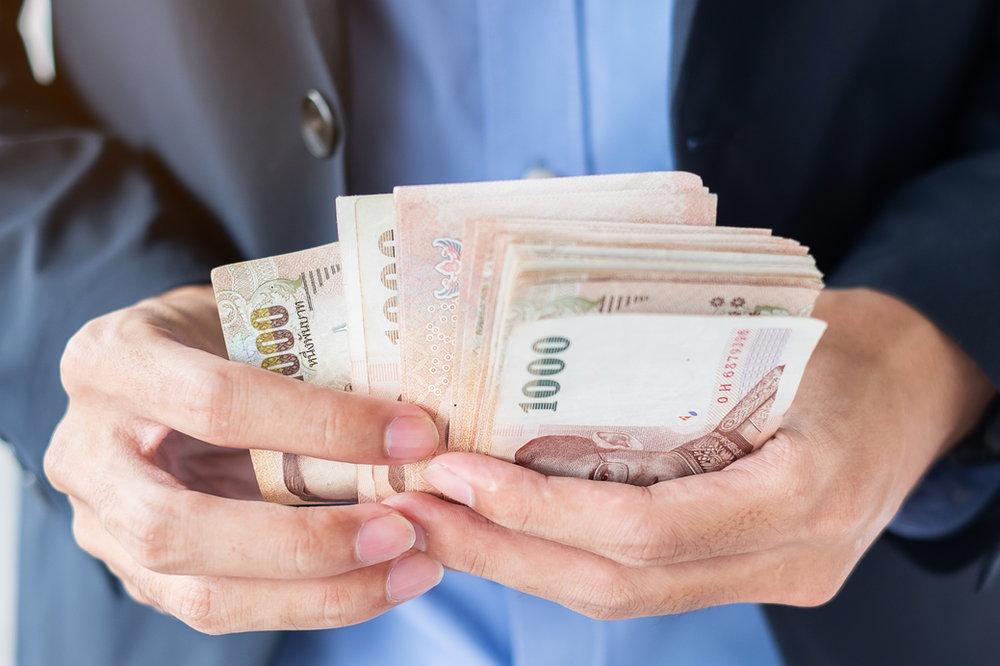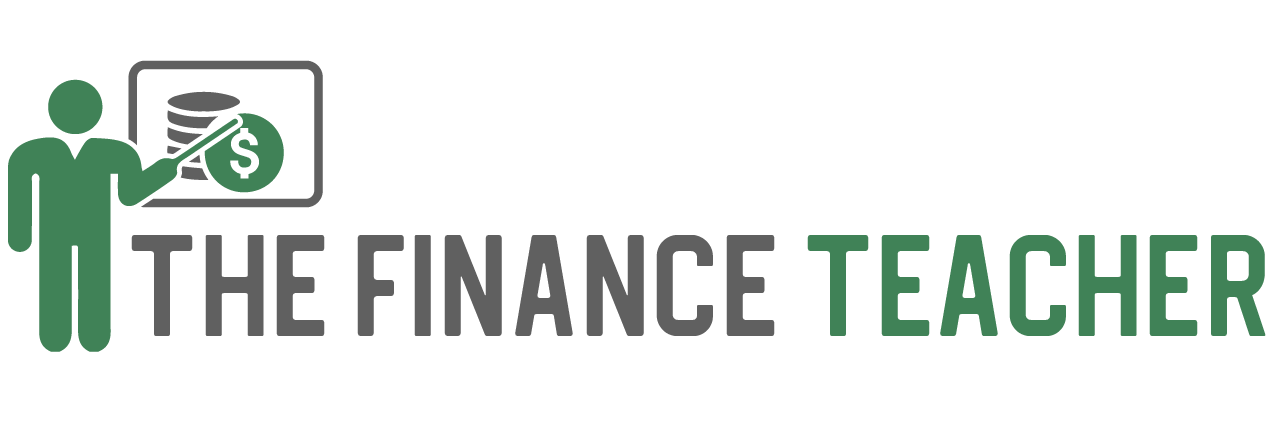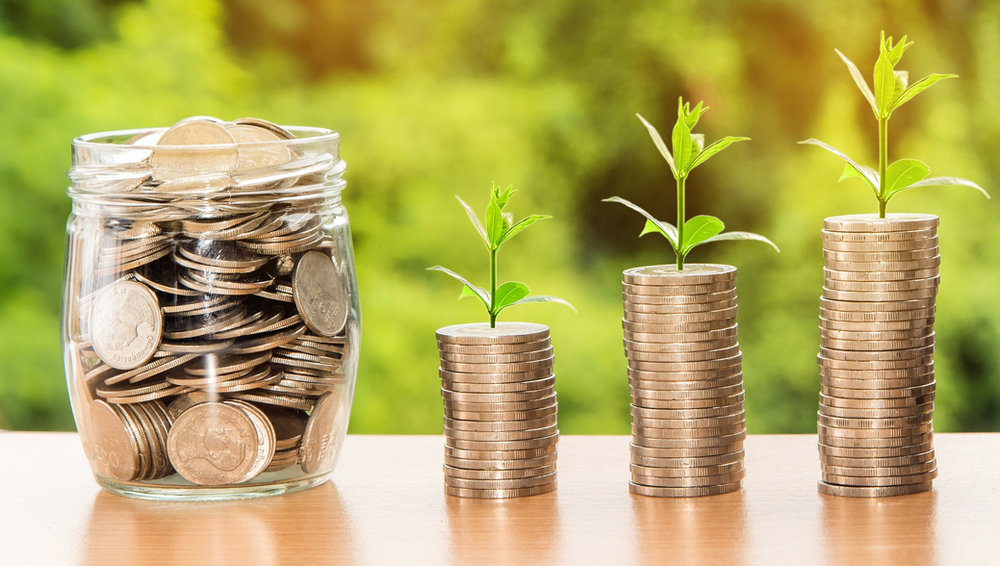
Pay Yourself Before You Pay Everyone Else
You need to pay yourself first. And keep paying yourself first. This is one of the best pieces of advice that I have ever been given. Maybe it originates from this Warren Buffet quote.
Table of Contents
Toggle“Do not save what is left after spending; instead spend what is left after saving.” ― Warren Buffett
But what does this mean and why is it so important?
What Do You Do With Your Money When You Get Paid?
You’ve worked hard all month, counting down to the day. The best day of the month. It’s PAYDAY. Now what happens?
This is normally how the story goes …..
You pay your landlord
Then you pay your grocery store
Next you pay your bank
And then you pay your local restaurants
You pay your taxi drivers
And you pay the electronics stores, the sporting goods stores and the clothing stores
What Do You Then Do With What’s Left?
Then you think about saving some of it. You think about it. But do you do it?
No, you most likely then realise that you have another week until you get your next paycheck and you need more takeaway or restaurant food or nights out with friends before then. This is what I’ve done for most of my life.
In effect, you have paid everyone but yourself.
Pay Yourself First
Now let’s change the order and pay yourself first.
What does this mean?
Paying yourself first means giving yourself money instead of all of the other people mentioned earlier.
It could be a payment into a savings account or an investment account. But it needs to be the ‘first’ payment and not the last. If you do this then you will naturally find plenty of ways to spend the rest between now and next payday.
But Will It Work?
This simple step could be the difference. But not for all of us.
Many people are able to do this and do not touch the monthly payment to themselves. Many others cannot. When their monthly spending means that they run out of money before the end of the month: What happens?
Out comes the savings. After all, it’s your money. You put it there and you can take it out. This can even occur with investment accounts that allow easy withdrawal.
To be fair, this may be due to an unforeseen expense or an emergency. But this is why you should also have an emergency fund. An emergency fund gets you out of trouble but protects ‘your’ money which is not just your now money but future you’s money.
So what’s the answer?
Make It Automatic And Make It Pre-tax If Possible
Option 1:
The obvious answer is to first have your monthly savings or investment money taken directly from your salary so that it doesn’t even make it to your day-to-day account. When payday arrives in your account, you don’t even see it. If you can’t see it you forget that it even exists and it stays sitting, and hopefully growing without you doing a thing.
You may be able to arrange this through your employer. But even if you can’t, then just set up a separate account with monthly direct debits going straight there. This account should be one that’s difficult to get to or that penalises you for withdrawing. It could be a fixed-term account that earns slightly higher interest.

Option 2:
An even better option is to have monthly payments taken directly from your salary before tax. In many countries, a portion of your salary can be deposited directly into a long-term retirement or investment account. In the US this is the 401K that you may have heard about or other similar schemes. In Australia we call it Superannuation, Hong Kong has its MPF and Thailand where I am living now has the Thai Provident fund.
Rules and processes vary from country to country. But here is the beautiful thing. Firstly, it is often tax-free, so you are taxed on a lesser amount than your regular salary and hence you are effectively paying less tax each and every month.
The second and most ideal situation is that your employer may be legally bound to also contribute to this fund and may even have to match your contribution.
This fund of savings can be invested into safe long-term investment options such as bonds and index funds. And it cannot be withdrawn until a certain time has elapsed, until retirement or an age requirement has been reached or until moving countries permanently.
The best part about this arrangement is that it meets our two most important criteria.
- It’s automatic so we don’t have to do anything and
- We cannot get to it, even if we wanted to
On top of this are the benefits of reducing your taxation and earning investment returns that compound over time.
And the cherry on top is that your employer may be required to also add to the fund. This is absolutely free money invested for you for your future.
These two basic concepts of paying yourself first and making it automatic can truly be the answer. This could be the simplest, most basic way to grow your wealth over time. It forces savings, avoids unnecessary lifestyle creep where extra money finds its way to extra spending and it doesn’t require a focus on budgeting.
Simple Habits Of The Rich
This is in fact the theme of a book by David Bach called ‘The Automatic Millionaire’. In the book, the author recalls meeting a middle-aged couple who don’t appear to be rich at all but are seeking advice on how to retire early and how to manage their considerable investment portfolio.
When asked about how they have found themselves in such an enviable position, the explanation is as simple as ‘We paid ourselves first and we made it automatic. We just didn’t notice the missing money. We have done this for all of our lives since our first jobs.’
Sometimes the best strategies are the simplest. But sometimes these simple strategies just seem to be common sense and obvious to some, yet unheard of to others.
It’s a little like the ideas in ‘Rich Dad, Poor Dad’ by Robert Kiyosaki. The rich would say ‘Of couse, that’s what you do with your money. You don’t spend it all. You have to buy assets that grow your wealth over time’. This just seems to be assumed knowledge for some. But what is assumed and obvious for some is quite foreign for others.

It often comes down to our relationship with money itself. What is money for? Is it just to satisfy today’s wants? Or is it for achieving tomorrow’s more important goal?
Pay yourself first, automatically and start yourself on the path to a better financial future.





Great article! The clarity and depth of your explanation are commendable. For additional insights, visit: LEARN MORE. Looking forward to the community’s thoughts!
Having read your blog, you obviously know what you are talking about. I’m sure visiting my page 85N about Webdesign will be worth your time!
Truly appreciate your well-written posts. I have certainly picked up valuable insights from your page. Here is mine Article City about SEO. Feel free to visit soon.
Superb posts! Have a look at my page UQ8 where I also put in extra effort to create quality information about Cosmetic Treatment.